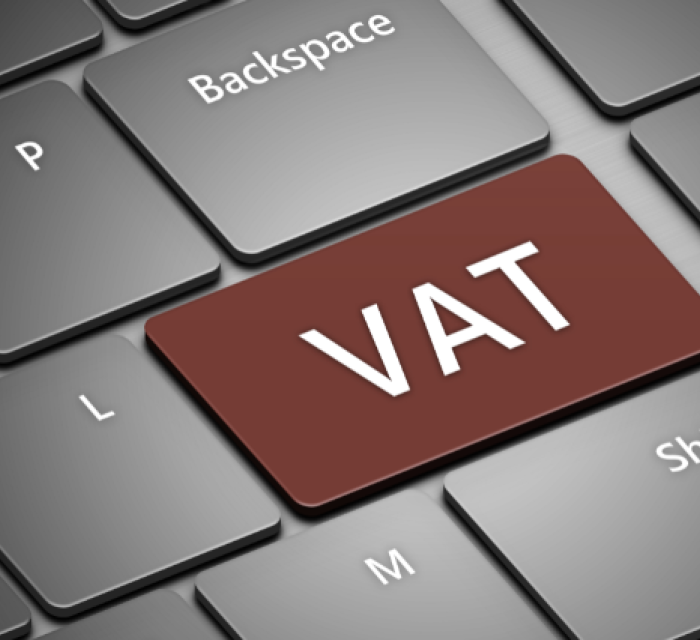The National Council of the Slovak Republic Passed the Long-Awaited Amendment to the VAT Act
The Ministry of Finance of the Slovak Republic has long been preparing an amendment to Act No. 222/2004 Coll. on Value Added Tax. The National Council of the Slovak Republic approved the proposed amendment to the VAT Act on April 24, 2024. The amendment was published in the Collection of Laws under number 102/2024.
The approved text of the amendment differs from the last published version mainly in legislative and technical clarifications and in the refinement of some provisions concerning special arrangements for small businesses or the payment of tax on import of goods. This includes, for example, a more detailed specification of
- Notification conditions in connection with the use of the special scheme for small businesses,
- Assignment of an individual identification number with the suffix EX by the tax office within this special scheme,
- Submission of quarterly reports under the special scheme for small businesses,
- Termination of the use of the special scheme for small businesses and the withdrawal of the individual identification number with the suffix EX,
- Content of the tax return for the payment of tax on the import of goods,
- Calculation and payment of tax on the import of goods within the centralized customs procedure.
In addition, the conditions for applying for cancellation of VAT registration have been amended. In the case of a domestic taxable person, as under the previous version of the amendment, it is possible to submit an application after one calendar year from the date on which he became a taxable person if his turnover in the previous calendar year did not exceed EUR 50,000. However, in the case of a foreign taxpayer, the approved version provides that he may also submit an application at the earliest one year after he became a taxpayer if he reasonably expects that he will exclusively carry out supplies in the domestic territory on the basis of which he would not have become a taxpayer.
In the remaining points of Art. I of the Amendment, which regulates the VAT Act, there were no fundamental or methodological changes compared to the previous published version. These changes, which we have informed you about in our previous articles, concern, for example, the area of registration of domestic and foreign taxpayers, leases, the place of supply of cultural, artistic, sporting, scientific, educational, entertainment and similar services, the application of the right to deduct tax on the acquisition of goods, the obligation of the taxpayer to pay tax on theft of goods, deduction of tax on registration and late registration, or the value of the electronic cash register receipt considered to be an invoice. More detailed information on these changes can be found in our articles "Amendment to the VAT Act – Significant Changes Are Coming" and "The New Version of the Amendment to the VAT Act Has Been Published".
In addition to the VAT Act itself, the amendment also modifies other tax legislation. In addition to the originally proposed minor changes to Act No. 563/2009 Coll. on Tax Administration (Tax Code) and Act No. 289/2008 Coll. on the Use of Electronic Cash Register, new articles were added to the amendment before it was approved, which regulate certain provisions of excise duty laws. The added changes concern:
- Act No. 98/2004 Coll. on Excise Duty on Mineral Oil (procedure for import of mineral oil)
- Act No. 106/2004 Coll. on Excise Duty on Tobacco Products (procedure for import of tobacco products)
- Act No. 609/2007 Coll. on Excise Duty on Electricity, Coal, and Natural Gas (special provision for the import of coal into the tax territory under the centralised customs procedure)
- Act No. 530/2011 Coll. on Excise Duty on Alcoholic Beverages (procedure for importation of alcoholic beverage)
The amendment takes effect on the date of its promulgation, with most parts relating to the VAT Act coming into force on January 1, 2025. The exceptions are the points relating to the application of the reduced tax rate of 10% by registered social businesses, which will come into force sooner, as early as July 1, 2024. For technical reasons, the application of self-taxation on imports of goods is also proposed to have a new effective date of July 1, 2025, as regards domestic imports of goods; and as regards the provision relating to imports of goods carried out under the centralised customs procedure, the new effective date is set at January 1, 2026.






